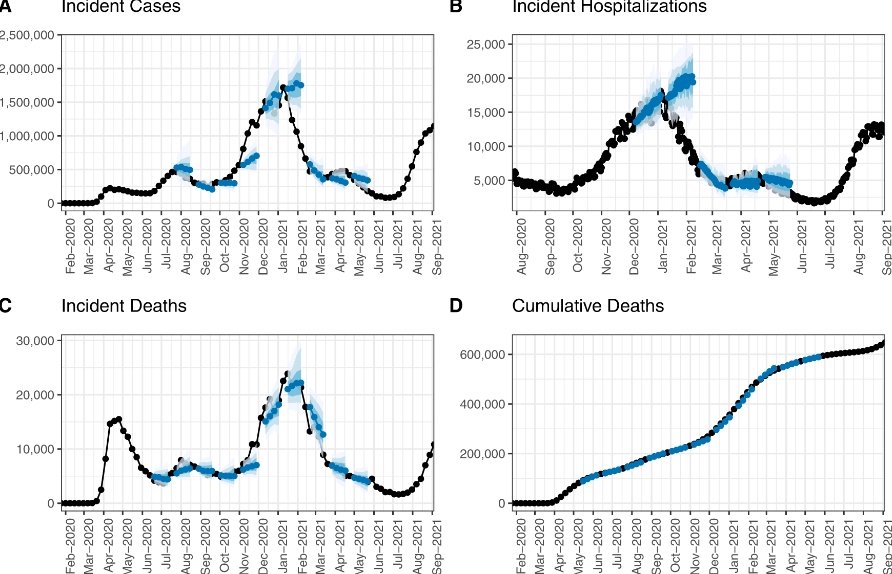A recent report by Indiana Attorney General Todd Rokita has sparked controversy with claims of inflated COVID-19 statistics. The report alleges discrepancies in death counts and positivity rates, raising questions about data accuracy during the pandemic.
Examining the Data
The Rokita report suggests that the COVID-19 death count may have been exaggerated. It points to potential errors in the classification of deaths, where individuals who passed away with the virus may not have died from it. This distinction, the report argues, could significantly impact the perceived severity of the pandemic.
Further scrutiny reveals concerns over the calculation of positivity rates. The report implies that the methodology used may have led to an overestimation, affecting public perception and policy decisions. The implications of such allegations are profound, as they challenge the integrity of the data that guided statewide responses to the health crisis.

The Response from Health Officials
Health officials have been quick to defend their data, emphasizing the robustness of their reporting systems. They argue that the processes for recording COVID-19 statistics were developed with utmost care and in accordance with national guidelines.
Critics of the Rokita report have pointed out that during a public health emergency, swift and decisive action is necessary, even if it means working with incomplete information. They maintain that the data collected was essential for making informed decisions to protect public health.
Broader Implications
The debate over the Rokita report extends beyond the numbers. It touches on trust in government institutions and the challenges of managing a public health emergency. The controversy underscores the need for transparency and accuracy in reporting, as well as the importance of public communication.
As the conversation continues, it is clear that the ramifications of the report will be felt for some time. It serves as a reminder of the complexities involved in crisis management and the critical role of reliable data.













